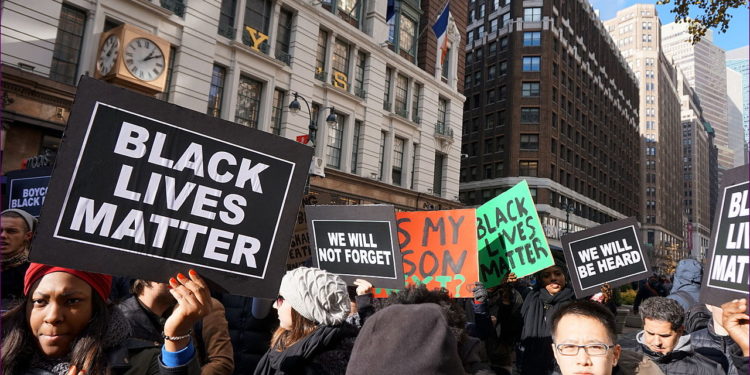How to Educate Yourself About BLM


Current events have revealed the dark undercurrents of racism that exist in our societies today. Sparked by the brutal killing of George Floyd, a black resident of Minneapolis, by a group of white police, moral outrage spread like wildfire as the video of the murder was reproduced millions of time across social media platforms.
Something about the fate of Floyd spoke to millions of people of color who experience discrimination because of their race, not just in the United States but across the whole world. Perhaps the most remarkable thing about the protests that have erupted around the world is that people of every race have joined in the fight for equality.
If you are not the victim of racial discrimination but want to help, the place to start is by educating yourself about the Black Lives Matter movement. Here are a few ways you can do this.
- Read
If you are a keen reader, there is plenty of literature that you can absorb to get you up to speed with what BLM means to people of color. Books like Freedom Is a Constant Struggle (Angela Davies), Why I Am No Longer Talking to White People About Race (Reni Eddo-Lodge) and The Fire Next Time (James Baldwin) offer brilliant insights about the current struggle and what needs to be done to achieve real change.
- Watch Documentaries
Reading is not for everyone, but there are plenty of documentaries that you can watch to help you understand the racism ingrained in our societies. One of the best out there at the moment is called 13th. Available on Netflix, this documentary is a thought-provoking analysis of the criminalization of African Americans in the United States.
- Listen
To many people of color it seems like white people just do not hear them when they express their grievances at the racial inequality that runs straight to the core of our society. One of the biggest changes that you can make is simply to listen. If a person of color claims that a statue in their city of a seventeenth-century slave trader who may have enslaved their ancestors offends them, perhaps we should have a serious discussion about taking it down.
- Be Open-Minded About History
It is important to take into account the fact history is but an interpretation of events that happened in that past. If you learned a lot about the American Civil War but almost nothing about the slave trade at school, there is probably a reason for this. What we see as history is principally taken from the interpretation of white male elites and tends to overlook the historical roots of the racial inequality that we see today.
At the end of the day, it is not the responsibility of people of color to educate white people about the discrimination that they experience. Change will only come if we make an effort to inform ourselves about the magnitude of the problem we are facing as a society.

